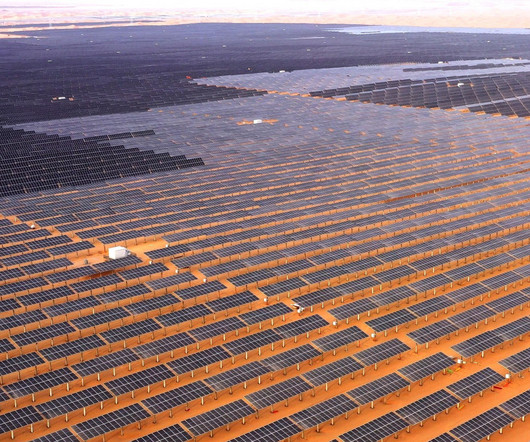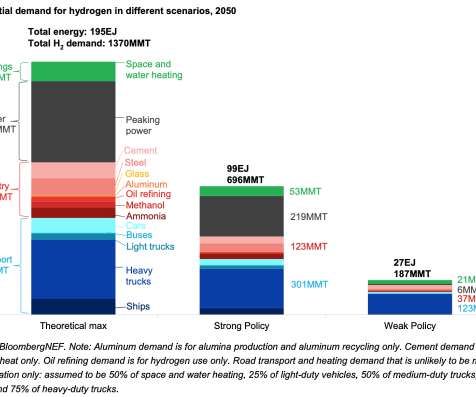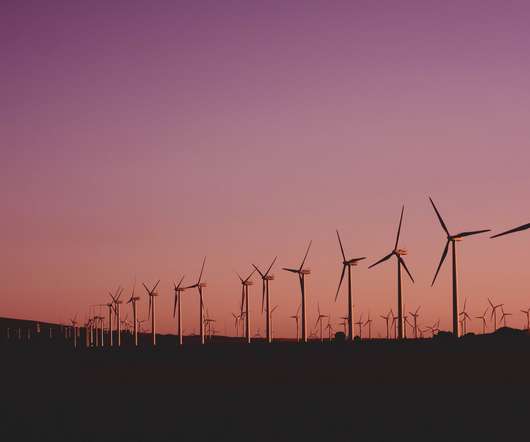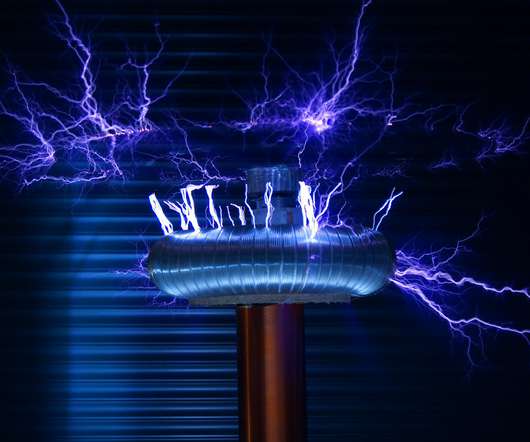Bloomberg NEF forecasts falling battery prices enabling surge in wind and solar to 50% of global generation by 2050
Green Car Congress
JUNE 19, 2018
This year’s outlook is the first to highlight the significant impact that falling battery costs will have on the electricity mix over the coming decades. This year’s outlook is the first to highlight the significant impact that falling battery costs will have on the electricity mix over the coming decades.
































Let's personalize your content